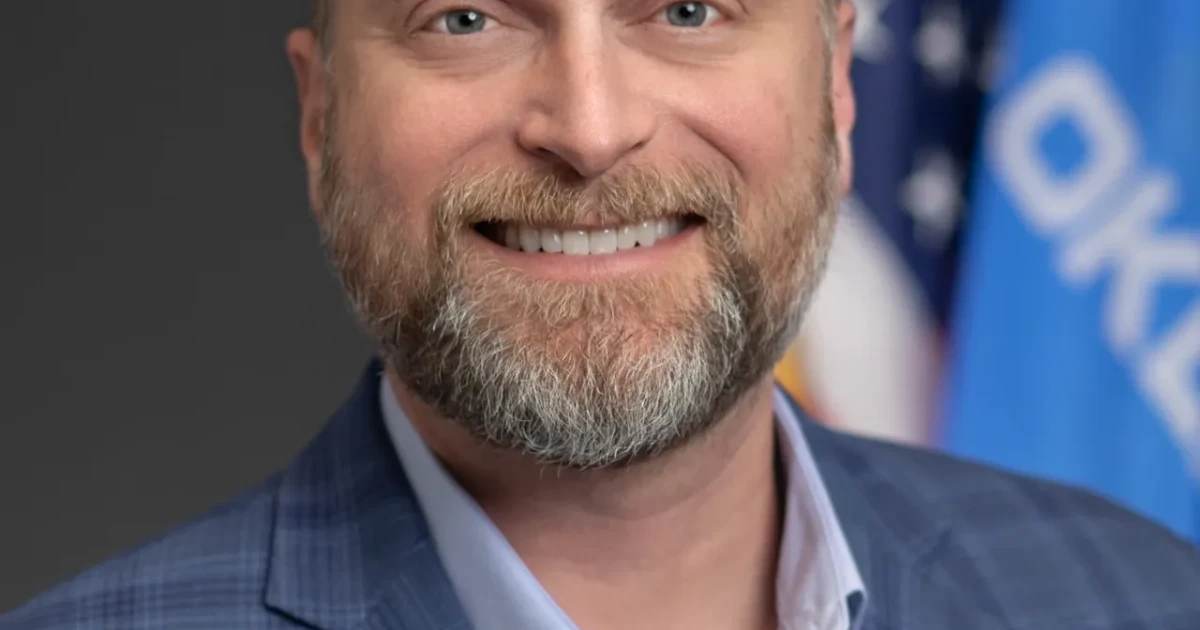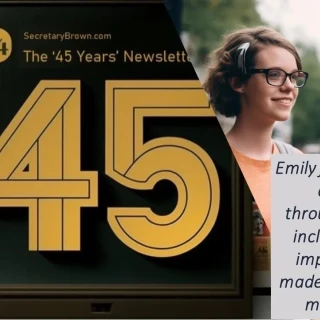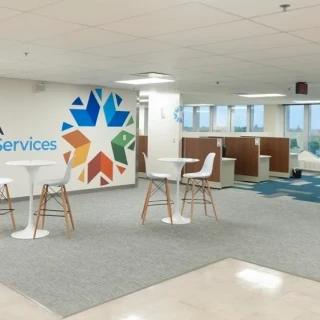7 | Relationships can help families before they fall into crisis.

My experience is that the largest segment of our neighbors that live at or around the poverty level are those who are commonly referred to as the "working poor." They live consumed by the fact that one unexpected event, like a death in the family or a catastrophic health emergency, will cause their family to free-fall into poverty. They also, however, are one or two opportunities and a couple of well-timed resources away from breaking free from the anchor of dependence and hopelessness that has gripped generations of their family.
Systems intending to be that well-timed resource, that open door, for families are foundationally built as transactional when a relationship-driven approach is required to be able to offer that open door. For most Americans, the pathways out of multigenerational poverty are grounded in education and employment, yet there are many among us who aren’t yet in a current position to engage in these purpose-filled activities.
Today’s reality is that homelessness, childhood trauma, substance abuse and mental illness are some of the many real factors that keep people from taking the necessary steps to escape the grip of their circumstances, and each person who interacts with poverty-fighting systems must be treated with the understanding that their situation is unique.
Core to a solution set for poverty is the development of "Family and Career Success Plans" that recognize the uniqueness of each family and allows case management to deploy both government and nongovernment resources to match their needs. These plans should recognize progress on activities, including participation in substance abuse programs and mental health interventions, that contribute to a family’s ability to get to a position of purposeful employment as the pathway to success. As progress is achieved, investment in these resources will pay off exponentially for families and for taxpayers.
Foundational to a solution set for multigenerational poverty, and the proper development and execution of Family and Career Success Plans, is building supportive relationships between people, communities and systems that allow for the removal of barriers and the delivery of timely resources that can help build family resilience.
Plainly speaking, people need support to navigate the challenges of life and connectedness to open the opportunities necessary to meet their goals. Family and Career Success Plans give organizations the ability to connect necessary strategic resources to deliver the greatest impact through consistent case management.
Relationship-driven case management, empowered to provide all available government and community resources, will allow for a custom set of solutions to become available at the time of most critical need. The breadwinner who loses their job should be quickly provided food benefits through SNAP, unemployment insurance, a job retraining program through CareerTech, and child care and transportation during that retraining as quick and strategic interventions provided by a single case manager.
The current transaction-based system requires navigating each of these systems alone without real support and guidance.
Short-term strategic resources delivered through a modern delivery model with case management at its core are much more efficient than waiting until a family falls into deep despair where systems must provide all safety net resources for a generation or more.
Systems built on relationship-driven case management also must recognize that each community has specific needs and unique local partners that have insight as to how to best address their community’s needs. State and national systems must survey available resources at a community level and invest resources to meet the needs of residents in those areas.
Increased awareness of resource deserts is encouraging, but investment must follow to give local communities what they need to overcome health, mental health, child care, workforce and education resource scarcity.
The community can solve the problems of their members, but they must have the necessary tools to serve, and aligned case management allows for policymakers to identify areas of resource scarcity with on-the-ground intelligence to target investment where it is most needed. The framework is national, but the solution is local.
The development and use of Family and Career Success Plans that build relationship-driven case management delivering a custom set of government and local community resources strategically in a family’s life allows us to meet people earlier in their situation before they fall into crisis. This is called "moving upstream," and I believe it is the only way to prevent the multigenerational poverty that has sucked the soul from communities across our nation.


